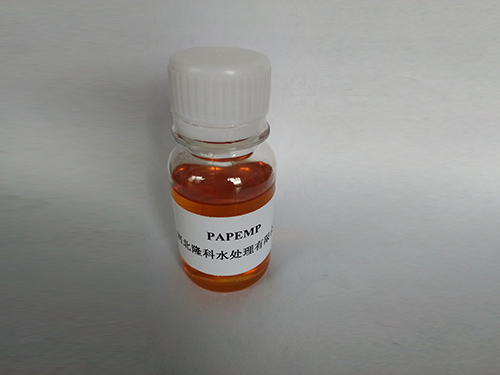cooling tower scale inhibitor
Understanding Cooling Tower Scale Inhibitors Importance and Functionality
Cooling towers play a pivotal role in various industrial processes by dissipating excess heat from systems. However, one of the main challenges they face is scaling, which can severely impact the efficiency and longevity of these systems. To mitigate this issue, cooling tower scale inhibitors are essential. This article explores the significance, functionality, and selection criteria for cooling tower scale inhibitors.
The Problem of Scaling
Scaling occurs when mineral deposits, primarily consisting of calcium, magnesium, and silica, accumulate on heat exchange surfaces. As water circulates through cooling systems, it tends to concentrate these minerals. High temperatures promote the precipitation of scale-forming minerals, leading to buildup on surfaces. This scaling can significantly reduce heat transfer efficiency, leading to increased energy consumption and potential operational failures.
In extreme cases, scaling can cause overheating, leading to system shutdowns and expensive repairs. Consequently, the use of scale inhibitors becomes critical in maintaining operational efficiency and system reliability.
What Are Scale Inhibitors?
Scale inhibitors are chemical agents specifically designed to prevent the formation and accumulation of scale in cooling towers and associated systems. By altering the physical or chemical properties of the scale-forming minerals, these inhibitors help maintain them in a soluble form, allowing them to be effectively carried away by the circulating water.
Types of Cooling Tower Scale Inhibitors
1. Phosphate-Based Inhibitors These are among the most commonly used scale inhibitors. They work by forming complexes with calcium ions, thereby preventing precipitation. While effective, phosphate-based inhibitors can contribute to environmental issues if not managed properly.
2. Polyacrylate and Polymer-Based Inhibitors Such inhibitors operate through chelation and dispersion mechanisms. They help in preventing nucleation and growth of scales and are relatively effective across a wide range of conditions.
3. Zinc-Based Inhibitors Zinc plays a dual role in corrosion control and scale inhibition. These inhibitors are effective in reducing scale while simultaneously protecting metal surfaces from corrosion.
cooling tower scale inhibitor

4. Organic Inhibitors These are derived from natural sources and are increasingly gaining popularity due to their eco-friendliness. They can effectively mitigate scale formation without contributing to environmental stressing.
Selection Criteria for Scale Inhibitors
Choosing the right scale inhibitor is crucial for optimal cooling tower performance. The following factors should be considered
1. Water Chemistry Understanding the specific minerals present in the cooling water is vital. The effectiveness of a scale inhibitor can vary based on the water's chemical makeup.
2. Operating Conditions The temperature, pressure, and flow rate in the cooling system can influence the inhibitor's performance. Select an inhibitor that can withstand the specific conditions of your cooling tower.
3. Environmental Impact Many industries are under increasing pressure to minimize ecological footprints. Therefore, selecting eco-friendly and biodegradable scale inhibitors can align operational goals with environmental responsibility.
4. Cost-Effectiveness The price of inhibitors can vary considerably, and assessing their long-term benefits versus initial costs is essential for budget-conscious operations.
5. Compatibility with Other Treatment Chemicals Often, cooling systems employ multiple treatments for corrosion, microbiological growth, and fouling. Ensure that the chosen scale inhibitor does not interfere with other chemicals in use.
Conclusion
In conclusion, cooling tower scale inhibitors are essential for maintaining the efficiency, operation, and longevity of cooling systems. By selecting the appropriate inhibitor based on water composition, operational conditions, and environmental considerations, industries can effectively mitigate scaling issues. This not only enhances operational performance but also contributes to sustainability efforts within their respective sectors. Proper integration of scale inhibitors is a crucial step in ensuring that cooling towers operate at peak efficiency, ultimately benefiting both the organization and the environment.
-
The Power of Isothiazolinones in Modern ApplicationsNewsMay.08,2025
-
Flocculants in Water TreatmentNewsMay.08,2025
-
Flocculants and Chemical Solutions: What You Need to KnowNewsMay.08,2025
-
Flocculants and Chemical Solutions: A Growing IndustryNewsMay.08,2025
-
Essential Chemicals: Polymaleic Anhydride and MoreNewsMay.08,2025
-
Acrylic Polymers: Essential Solutions for IndustryNewsMay.08,2025





